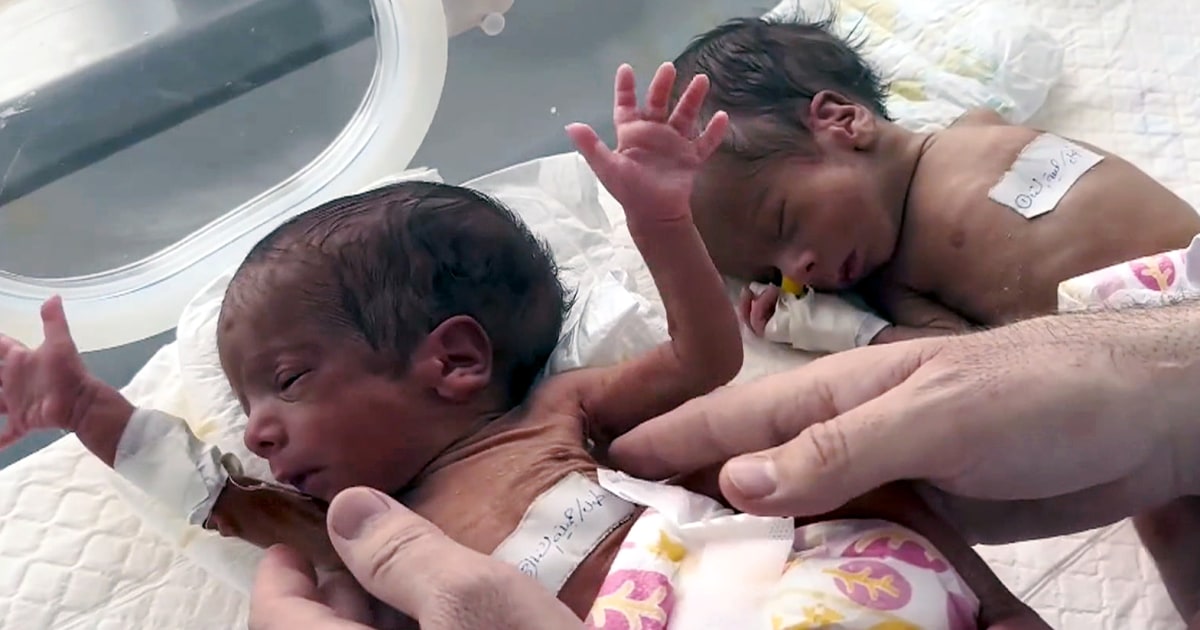Murielle Mollo is a member of the French College of Vascular Pathology and an honorary member of the International College of Angiology (US). She is also a novelist (
The Cells of Paradise published
, ed. Anfortas and
Harcèlement à l'Hôpital,
ed. Glyphe).
The report of the “flash” mission commissioned by Emmanuel Macron recommends, among other measures, telephone regulation to access emergencies, in order to avoid unnecessary congestion of services.
However, this proposal cannot represent a solution that is neither lasting nor reassuring for patients: first of all because a diagnosis by telephone can sometimes lead to medical errors and harmful situations, but also because, in the case where patients would be turned away, effective alternative care should be offered to them.
However, the shortage does not only affect emergency services, but the entire chain of care.
And the patient to become a pinball ball, sent here and there, without finding a point of fall where to solve his problem.
Because beyond the results of this "flash" mission, one wonders why successive governments waited so long before undertaking an in-depth reform of a health system, at the time one of the most efficient of the world, but which is now collapsing, whereas so many signs foretold it for so many years.
Why not have anticipated the current crisis, without waiting to find ourselves at the foot of the wall?
The appointment of François Braun, who was in charge of this "flash" mission, to the post of Minister of Health raises questions about the possibility of such a reform.
Remember, there was a time when the healthcare offer amply covered the health needs of the population!
So much so that we came to accuse these too many practicing doctors of being responsible for the Social Security deficit.
Murielle Mollo
Remember, there was a time when the healthcare offer amply covered the health needs of the population!
So much so that we came to accuse these too many practicing doctors of being responsible for the Social Security deficit, by the plethoric quantity of acts they generated.
SEE ALSO
- Emergency crisis: Elisabeth Borne details the measures of the "flash mission"
Hence the absurd idea that germinated in the right-thinking heads of our supervisory ministers: we had to reduce the number of caregivers to reduce health expenditure!
Our eminences grises had omitted the demographic criteria and its longer-term projections, knowing that the training of a doctor lasts about ten years.
Murielle Mollo
This simplistic reasoning forgot to take into account other factors which weighed at least as heavily in the balance sheet: the “hole in the Secu” was not so much due to excess spending as to a deficit of revenue.
Above all, our éminences grises had omitted the demographic criteria and its longer-term projections, knowing that the training of a doctor lasts about ten years.
This is why today, we find ourselves in a situation which, due to the growing medical shortage, dramatically endangers the health of the population.
To date, nearly half of French hospitals are forced to repeatedly close the doors of their emergency services, for lack of nursing staff.
And the situation of city medicine is no more enviable: patients struggle to find a referring doctor and wait many months for their appointment with a specialist.
These shortcomings lead to a loss of opportunity for patients who, if they are not seen quickly by a doctor, will receive bad or no treatment.
It is legitimate to wonder about the past errors of our governments: would they have neglected certain factors which would have enabled them to determine more acutely the needs for health professionals?
Murielle Mollo
Faced with this observation, it is legitimate to wonder about the past errors of our rulers: would they have neglected in their calculations certain factors which would have enabled them to determine more acutely the needs for health professionals?
Here are some of them: an increasingly technical and hyper-specialized medicine, which has the advantage of offering a wider range of care to the benefit of patients, but which requires more practitioners trained in this way to be able to practice it .
The age pyramid and the baby-boomer generation: seventy years later, because of their age, they have become greater consumers of medical care.
This same generation also provided many health professionals now of retirement age.
The feminization of the profession: in addition to their maternity wards, women take on family tasks more often than men, arranging their working time to devote themselves to their children.
This is not a sexist statement, being myself a female doctor and mother of two children.
Young doctors trained, it should be remembered, at the expense of the State, but who once their studies are completed, do not want to practice either in the hospital or as a liberal.
They prefer to content themselves with providing a few days a month of replacements or interim guards.
Murielle Mollo
Young doctors trained, it should be remembered, at the expense of the State, but who once their studies are completed, do not want to practice either in the hospital or as a liberal.
They prefer to content themselves with providing a few days a month of replacements or interim guards.
Isn't it surprising to note that only 10% of young doctors set up as a liberal?
As for unfilled positions in hospitals, there are hundreds of them.
The rights acquired by young interns, such as compensatory rest after a shift, or a maximum number of three monthly shifts: these social advances are welcome, but contribute to accentuating the shortage.
The Covid-19 crisis, which has exhausted caregivers to the point of encouraging many to change jobs or retire prematurely.
Brandishing the threat of coercive measures aimed at forcing young doctors to settle in under-resourced areas is no longer relevant: there are only under-resourced areas.
Murielle Mollo
Brandishing the threat of coercive measures aimed at forcing young doctors to settle in under-resourced areas is no longer relevant.
If this opposition between under-endowed areas/over-endowed areas was still true only 5 years ago, it is now outdated: in France (mainland and overseas), there are only under-endowed areas.
The bottom of the wave in terms of shortages has not yet been reached and the situation will continue to worsen until around 2030, before starting a slow improvement...unless a new health crisis that could make things even worse.
It is therefore becoming urgent to look into these different causes that have led to the critical situation we are going through and not just to offer “band-aid solutions”.
To stop this haemorrhage and maintain a correct level of health in all our territories and among all our fellow citizens, we must act quickly: take the appropriate measures to train in numbers, remunerate correctly and sufficiently motivate health professionals, so that they can assume their public service role.
SEE ALSO
- Hospital crisis: why it's worrying









/cloudfront-eu-central-1.images.arcpublishing.com/prisa/KMEYMJKESBAZBE4MRBAM4TGHIQ.jpg)



